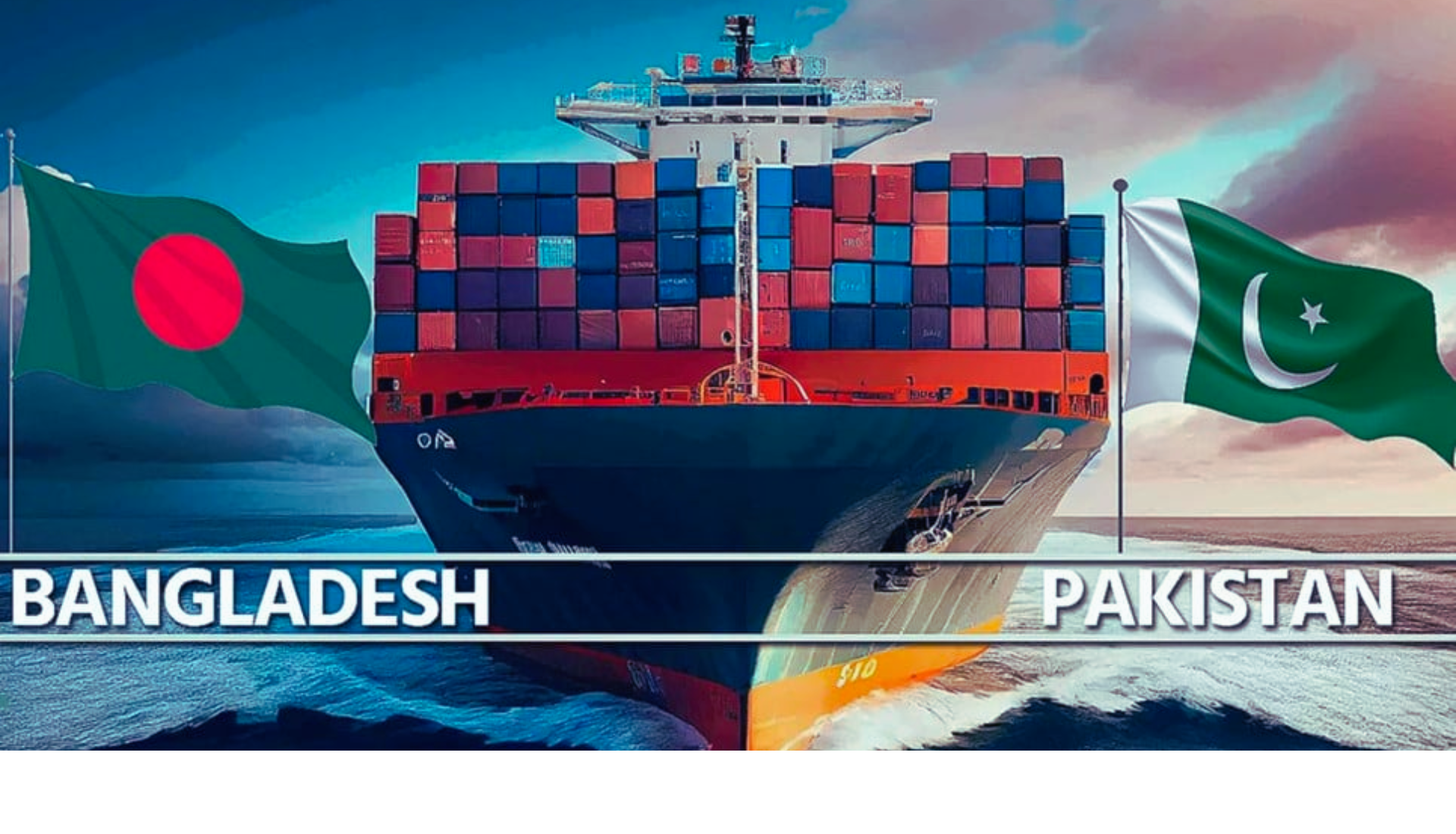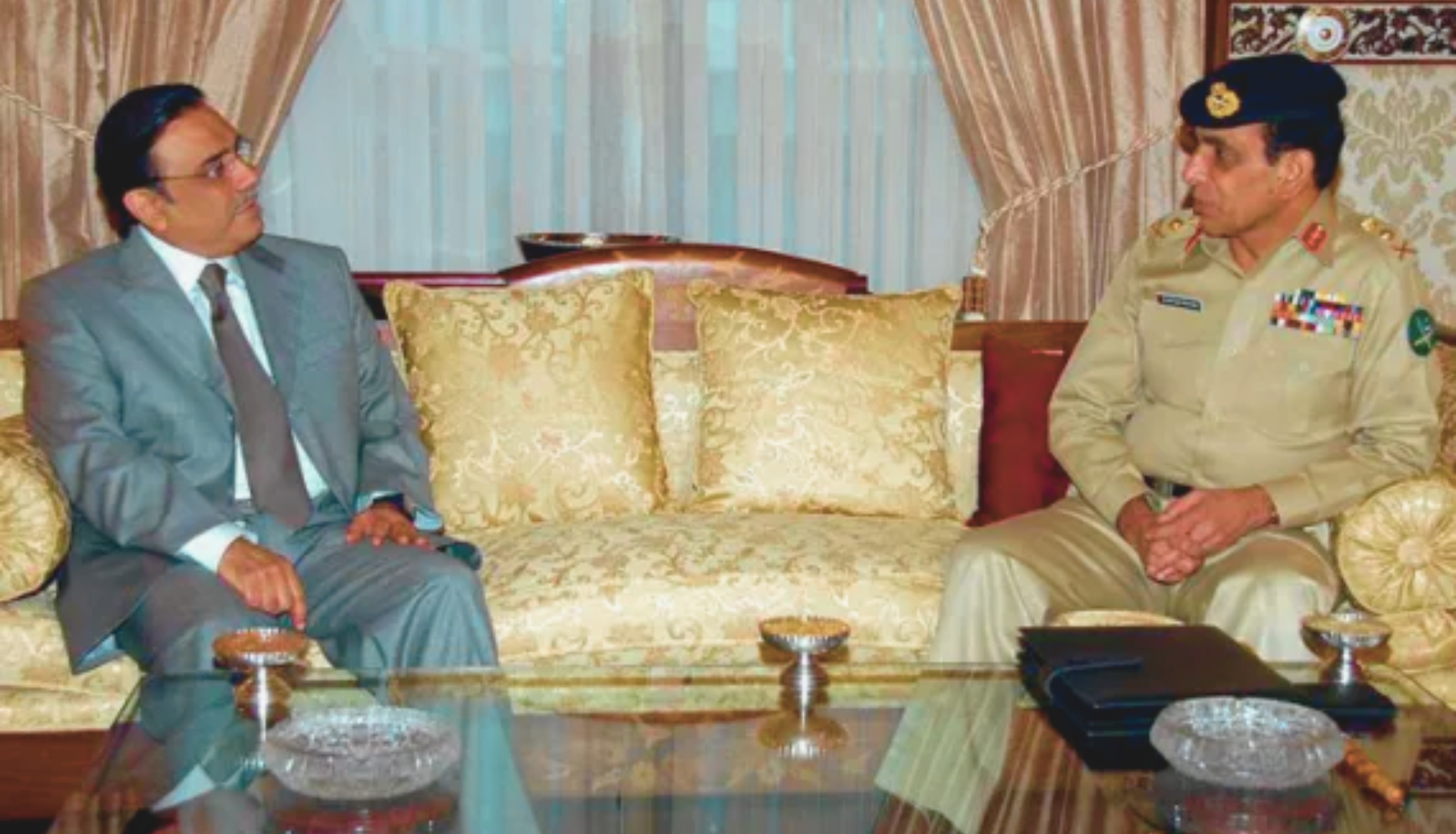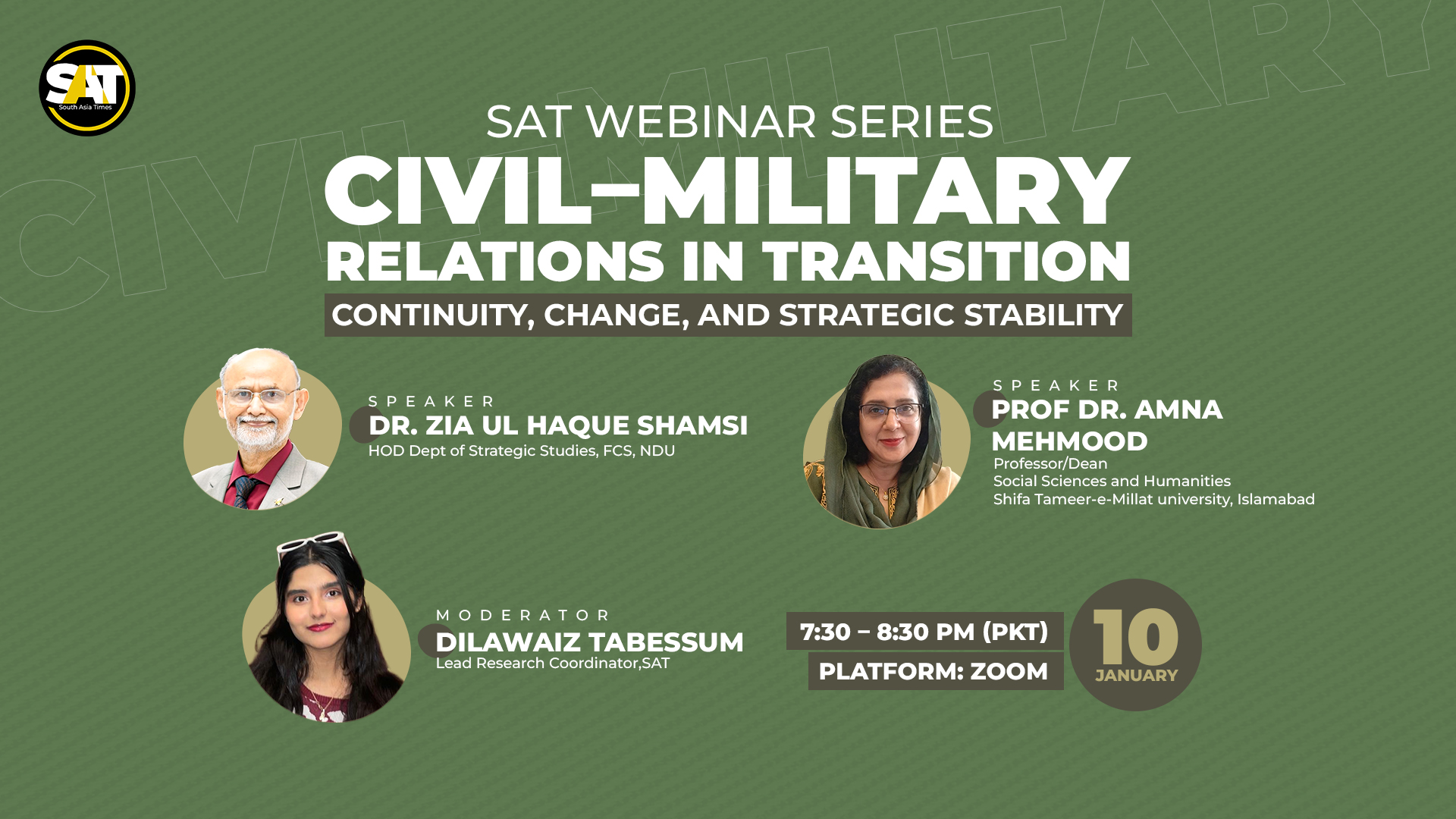With the formation in 2015, the Khorasan chapter of the Islamic State has been a thorn in the neck of regional peace. It has been a wing of Tehreek e Taliban Pakistan spread into Afghanistan. Along with support, IS Khorasan has also received hundreds of volunteers beyond the borders of Afghanistan. In response to this ongoing threat, the repatriation of these foreign volunteers has become a significant focus for the Afghan government.
Repatriation
Currently, amidst peace talks and starting of withdrawal of foreign soldiers from Afghan soil, the government has initiated the process of repatriating the foreign volunteers. Volunteers who joined the Islamic State of Khorasan.
According to the reports, the talks will include 14 respective countries. The repatriated fighters number around 408, out of which 299 of them are from Pakistan. The rest are respectively; 37 from Uzbekistan, 16 from China, 13 from Tajikistan, 12 from Kyrgyzstan, 5 from Russia, 5 from Jordan, 5 from Indonesia, 4 from India, 4 from Iran, 3 from Turkey, 2 from Bangladesh and 2 from the Maldives.
Two Cents of NDS Chief
Ahmed Zia Seraj, The chief of Afghan intelligence said that the government in Kabul wanted to conclude this issue in a way that is acceptable for all sides. Seraj also said that majority of the fighters of IS are from Pakistan. He informed that the Pakistani authorities are ready to take back its citizens. This notably includes Aslam Farooqi. He said that such repatriation is only possible when a mutual deal is signed.
However, Aslam Farooqi which the NDS chief claimed is a Pakistani, was demanded by Pakistan itself earlier this month. As per the Foreign Office of Pakistan, Farooqi has been involved in anti-Pakistan activities and should be handed over for further investigation.
Unfortunately, Afghanistan has not complied and is holding the ISKP terrorist as a bargain. Such that Pakistan must hand over some Taliban leaders in return for Aslam.
Legal and Realistic Impediments
Another former intelligence official of the Kabul government, Wahid Taqat gave a statement. Taqat said that the whole process will not be an easy task for the government. He continued to state that there will be several legal impediments and to cross all of them the suggested solution is repatriation. Subsequently, for which Kabul would require help from international bodies to convince the respective countries to take back their citizens.
Taqat also added that this move by Kabul shows that IS of Khorasan still remains a threat to the stability and peace of Afghanistan. Despite the fact that IS has never been able to keep a stationary hold on its territories, it still holds around 2,200 fighters in the region.
The legal impediment that Taqat talks about is a \’no deal, negotiation or extradition\’ law that Afghanistan has with these countries. Furthermore, countries with flawed democracy will have issues bringing them back as their prosecution at home will require transparency.
Repatriation as Bait for Peace
On the other hand, countries with a hybrid regime or authoritarian rule might use this to their advantage. Afghanistan has also always utilized this trait to its advantage. It recalls the time when back in 2015, Afghanistan had handed over Uyghurs to China. Afghanistan took this step to convince Pakistan to get the Taliban on board for discussions.
While no Intra Afghan Agreement has been achieved, militant groups continue to arm themselves for the uncertain situation. Daesh fighters also face looming uncertainty. We will need to see how ISKP responds to this repatriation, given the group’s lethal motives.
This time, will Afghanistan use these extraditions of IS foreign fighters as bait to guarantee peace after US withdrawal? Are there chances of things getting worse? Or these are fighters going back to their countries or not?





